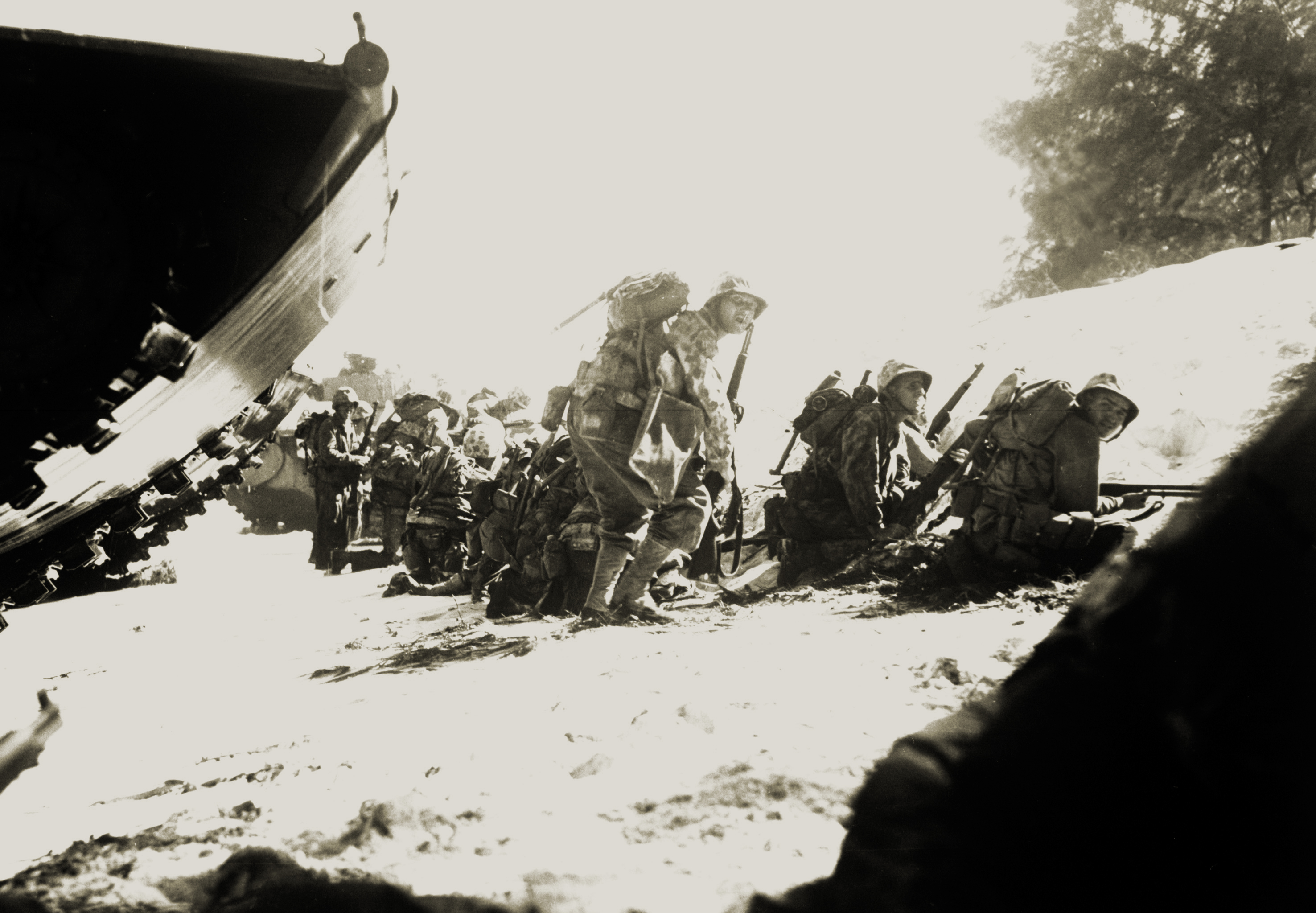Eiichiro Osawa, 92, formerly an officer with the Kwantung Army, and my father-in-law, once told me that when he and his colleagues heard about Japan's defeat at Saipan in mid-July 1944 they knew if was all over. When Prime Minister Hideki Tojo resigned soon after, he and colleagues quietly speculated that the war would end relatively soon. Instead it lasted another brutal 13 months, even though Japan's political and military leaders knew the game was up. Osawa also told me that his colleagues quietly welcomed Tojo's demise, a man who had been chief of staff of the Kwantung Army back in 1937-38. They held Tojo in low regard because he was a desk general who toadied his way to the top, a spit-polish martinet nicknamed "Razor" who was not respected as a soldier's soldier, but knew how to kiss up and kick down.
Officers in the Kwantung Army knew that the fall of Saipan put Tokyo — and much of Japan — within range of high-altitude U.S. B-29 bombers that could evade Japan's air defenses. It was the first breach of Japan's inner defenses, one that would leave the archipelago vulnerable. Osawa says in private his colleagues expressed such misgivings, but the military ethos and the prevailing mood of hyper-patriotism ensured that everyone in public remained committed to fighting to the glorious end, willing to sacrifice their lives for the Emperor. There wasn't much choice.
Throughout the war the Japanese government-controlled media exaggerated victories and gains while minimizing or censoring any setbacks. However, military officers had their own grapevine and were aware that the war was not going well. They knew better than anyone that shortages of everything hampered the war effort as Japan became bogged down in the China quagmire. Thus, even before the decision to attack the U.S. in 1941, Japan's wartime economy was stretched to its limits. The escalation of hostilities against China and disastrous border clashes with Soviet troops were draining Japan's scarce resources. As U.S. sanctions took effect, time was very much against Japan. Thus, Tojo took a desperate gamble at Pearl Harbor, enjoying success for the next six months or so. However, the tide of war then turned against Japan, the valor of its troops overwhelmed by America's industrial output. Japan's war machine was running on empty while escalating Allied submarine and air attacks against its convoys of supply ships prevented it from mobilizing and distributing the resources of its newly expanded empire.


















With your current subscription plan you can comment on stories. However, before writing your first comment, please create a display name in the Profile section of your subscriber account page.